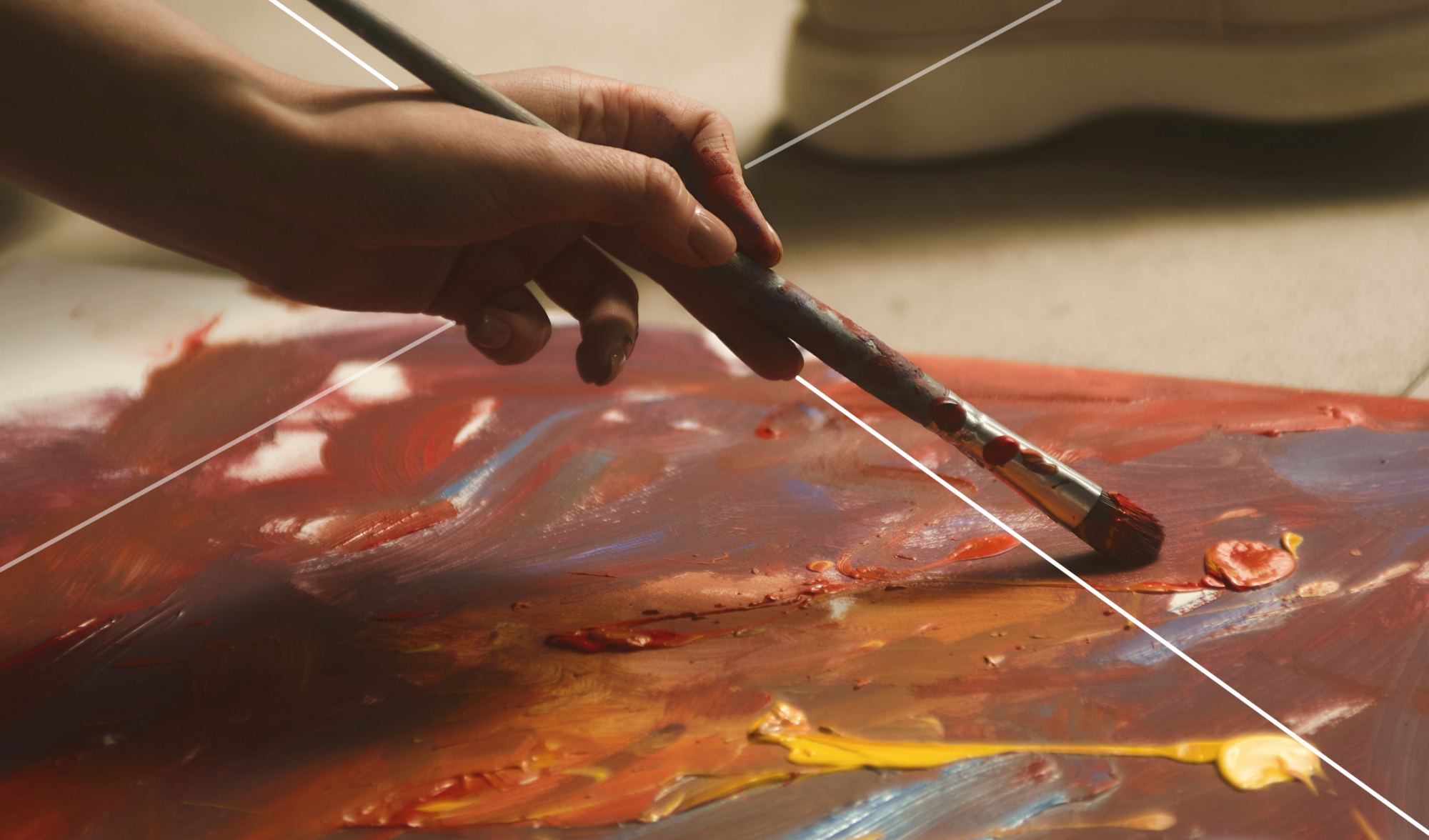Listen on Apple Podcasts, Google Podcasts, Spotify or Simplecast
The pandemic upended our lives and, at least temporarily, closed us off to so much—everything from the office and our friends to international travel. It also forced most of us to adapt quickly to new ways of living and working. Small businesses had to think outside the box to retain customers. Large businesses had to move whole workforces online. Universities had to educate students dispersed far and wide. In that way, COVID opened our eyes to the critical importance of being able to envision a new path forward.
You can think of creativity, then, as the new “it” skill. For an individual, it could be a differentiator in a job search. On a broader level, it’s at the core of an organization’s competitive advantage, and of a country’s enduring prosperity.
“For a businessperson, if you don’t have any creativity, what is going to happen one day, is that whatever you do will become obsolete,” Cirque du Soleil CEO Daniel Lamarre says on our latest Disruptors podcast.
The Disruptors team spent the last few months interviewing experts including Lamarre and University of Toronto professor Ajay Agrawal on the importance of creativity, for a special two-part podcast. What we learned: there are ways to embrace and nurture creativity in every line of work.
Start with a well-defined goal
It’s key to have an end goal in mind, or at least a clear understanding of the problem you’re looking to solve.
“Goals can be a great energizer to creativity,” says Agrawal, who founded the University of Toronto’s Creative Destruction Lab.
In his work advising early-stage technology firms at the CDL, Agrawal stresses the importance of individuals taking the required space and time to explore different solutions.
“Give people the resources that they need in order to explore solutions to the goal and to have the kind of mental space they need in order to explore areas outside of what might be their initial domain of expertise,” he said.
See constraints as a positive
Constraints on the creative process come in many forms. Rather than viewing them as impediments, it can help to see them as critical variables. In other words, how are you going to get around time or resource limitations and other challenges? Having guardrails around the creative process can help teams maintain focus and push beyond comfort zones.
“The minute you set constraints, now the creative mind gets to work on how do I achieve the goal, conditional on these constraints?” Agrawal said.
Think of creativity as a muscle that can be strengthened
Gil Moore, former drummer of Canadian rock band Triumph, thinks determination has a lot to do with creativity. “I don’t think that someone’s creative and they just wake up and the sun shines on them—I just don’t believe that’s how it works,” he said.
Being talented helps, but creativity also comes from practice, and learning.
“I never really believed that I had any particular skill—I always believed that it was learned. I think a lot of times a great, creative moment is just that culmination of that effort and the skills that have been developed,” said Moore.
